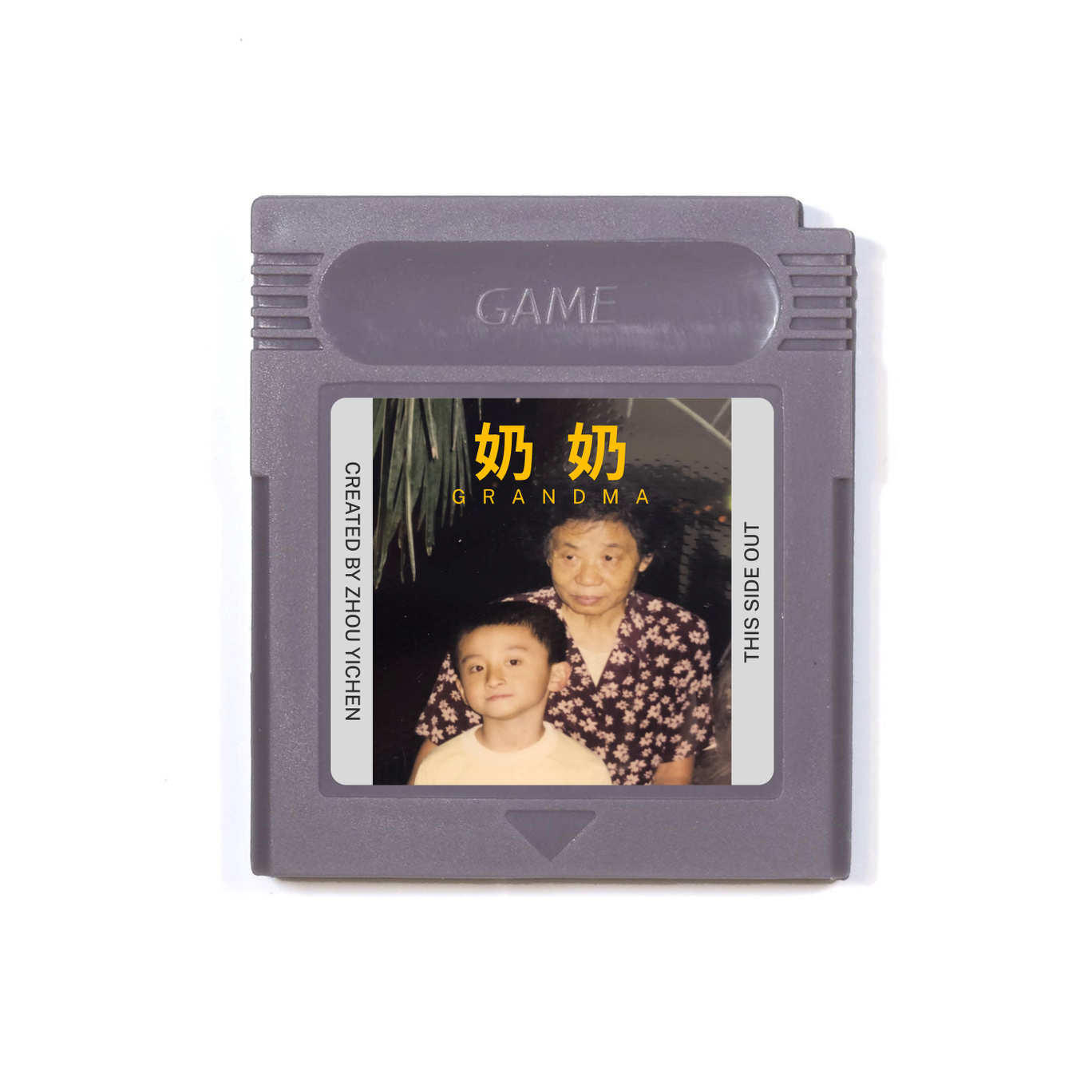Chinese authorities have made no secret of their desire for more babies in the country, but do the people really want them? That debate has been awoken again this week due to reports that some experts have suggested a further relaxation of China’s birth restrictions — what’s been dubbed a new “three-child policy.” That term has gone viral online, as citizens discuss such measures and the pressures of having a family.
The discussions come in the wake of Chinese Minister of Civil Affairs Li Jiheng publishing a widely-shared article that pointed out that the total fertility rate of China has fallen below what the government sees as a “warning line.” The hashtag #The total fertility rate has fallen below the warning line# has become one of the top trending topics on microblogging platform Weibo this week and has garnered over 370 million views.
According to data published by the National Bureau of Statistics of China in January, the country’s birth rate fell to 10.48‰ in 2019, reaching its lowest point since 2000.
Related:
 Tibetan Director Pema Tseden’s “Balloon” Deconstructs China’s Stringent Birth Control LawsPema Tseden’s latest film “Balloon” tackled the harshness of life in rural Qinghai and the difficulties of obeying pregnancy laws in ChinaArticle Nov 20, 2020
Tibetan Director Pema Tseden’s “Balloon” Deconstructs China’s Stringent Birth Control LawsPema Tseden’s latest film “Balloon” tackled the harshness of life in rural Qinghai and the difficulties of obeying pregnancy laws in ChinaArticle Nov 20, 2020
In light of the heated discussion, some Chinese experts weighed in by recommending a “three-child policy,” a suggestion which has also led to a social media storm — one dominated by an overwhelmingly negative sentiment.
The hashtag #Will a “three-child policy” increase the birth rate# has attracted over 210 million views on Weibo. In an online poll asking the same question, participated in by 583,000 netizens, 82.3% of people voted for “No, there are many practical reasons explaining the low birth rate.”
“People who were born in the ’90s are the most miserable, as a single-child themselves [they have to] be advised to have three babies, and need to look after four elderly parents later,” reads one of the most upvoted comments under the same post.
“Giving birth to babies and raising them is too costly, and there is no one available to raise a kid. It is hard to make a living already,” argues another commenter. “You need to have properties near schools in order for your kids to go to public schools. You need to compete for spots for private schools. What can we use to raise kids? [If people are given] a million RMB, maybe then they’ll consider it.”
Related:
 Why China’s Millennials Are at War with Marriage and Having BabiesPost-‘90s millennials online are saying, “death to the next generation”Article Sep 11, 2019
Why China’s Millennials Are at War with Marriage and Having BabiesPost-‘90s millennials online are saying, “death to the next generation”Article Sep 11, 2019
Another popular comment highlights what the author sees as more pressing issues. “[I suggest] equal pay be realized, gender discrimination in the workplace be eliminated, domestic violence to be punished severely, pregnancy and parental leave for both parents to be equal and enforced, and gender equality to be realized, before [even] thinking about increasing the birth rate.”
The comment touches on a number of topics that have been hotly debated on Chinese social media in recent weeks, especially as details have been published of a “divorce cooling off period,” which will come into force from January 2021 and is part of the country’s new Civil Code. Under this policy, couples will need to wait 30 days to finalize a divorce and will be required to jointly attend a meeting to acquire divorce paperwork. Such measures have met with a hostile reception in some corners of the Chinese internet.
China abolished its notorious “one-child policy” — first enacted in the 1970s — in 2016, but as the above clearly shows, the government continues to take a significant role in family planning matters in the country.

















